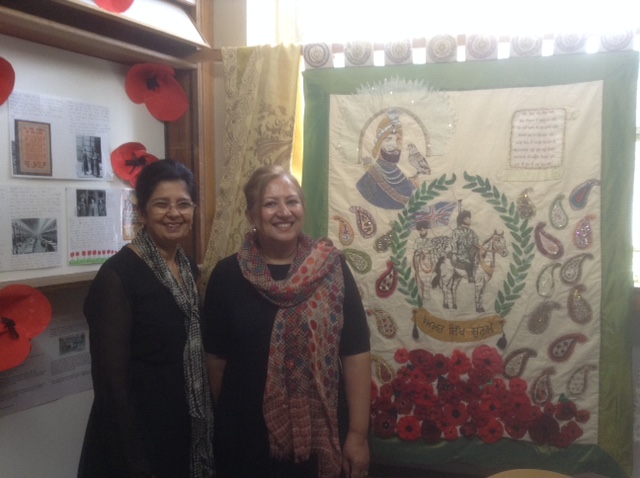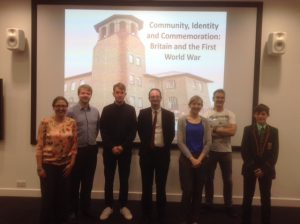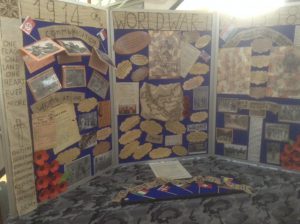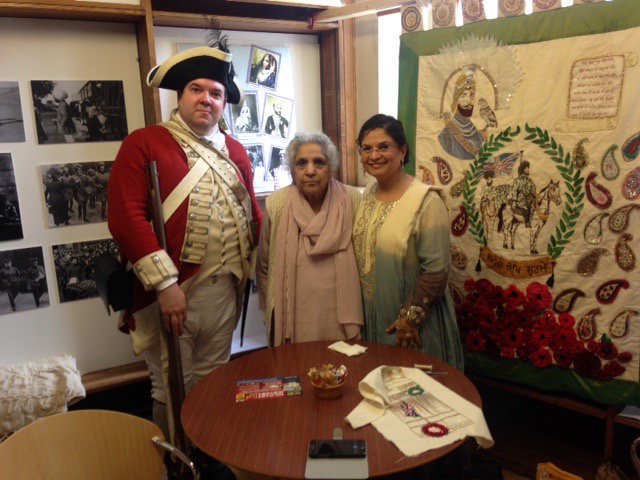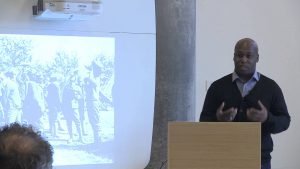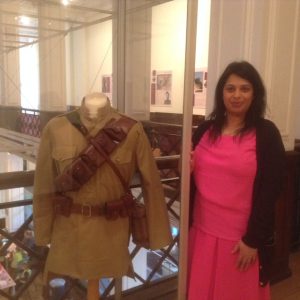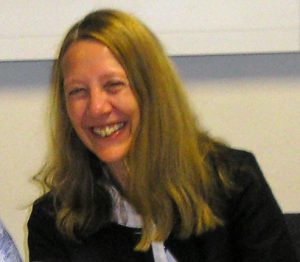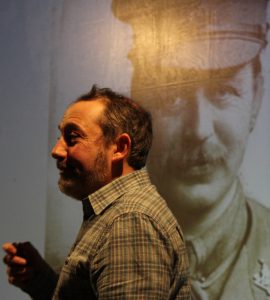June has been a busy month for Centre for Hidden Histories representatives.
On Friday 23rd, the University of Derby held an afternoon symposium on ‘Community, Identity and Commemoration’. Centre for Hidden Histories Co-Investigator, Professor Paul Elliott gave a lecture on ‘World War One: Recovering a Hidden History of the Home Front’. Discussing the use of public parks in war-time, with particular focus on Derby, Paul showed the importance of the parks as sites for a range of public functions. These included military uses such as practice trenches, recruitment, drilling grounds and defensive gun emplacements. Parks were also used for civic functions as sites for hospitals, schools and crop growing. Finally, parks provided a forum for spaces of social gathering, from arenas of leisure for troops on leave to communal areas for anti-war meetings and pacifist demonstrations.
On Saturday 24th June, Professor Mike Heffernan’s community partners the Ramgarhia Social Sisters participated in the day long community history event, Military History Live at Leicester’s Old Library Cafe and Galleries. Representatives of the Sikh community, the Social Sisters were displaying their tapestry panels which have been crafted in order to commemorate the contribution that Sikhs made to the British First World War effort. Also, on display were examples of the community research which contributed to the Social Sisters project as well as the posters that were produced as a result of Leicester Council’s First World War Family Learning Project with Bridge Junior School. Engaging with parents and pupils, The Ramgarhia Sikh Sisters visited Bridge Junior School as part of the Family Learning Project.
